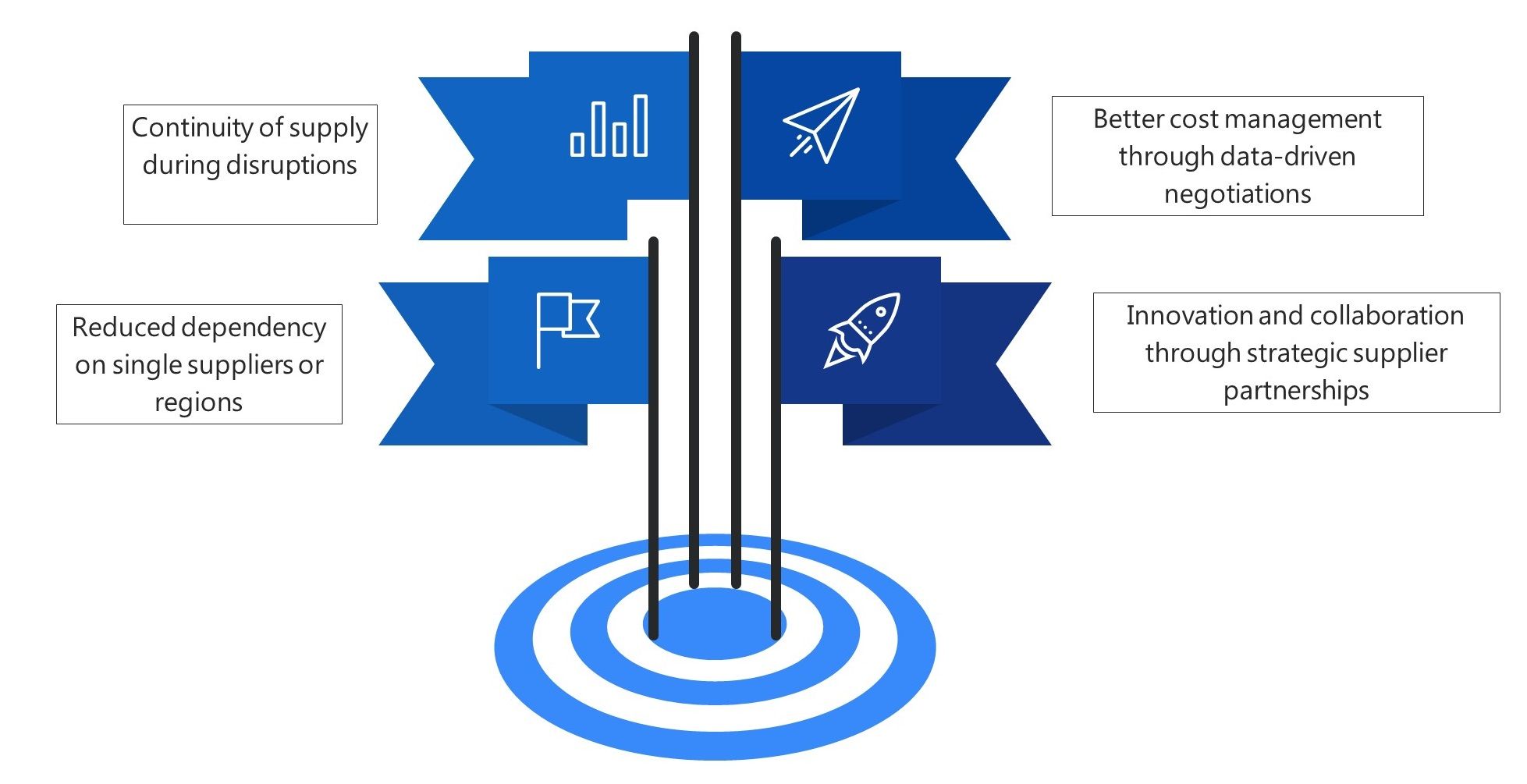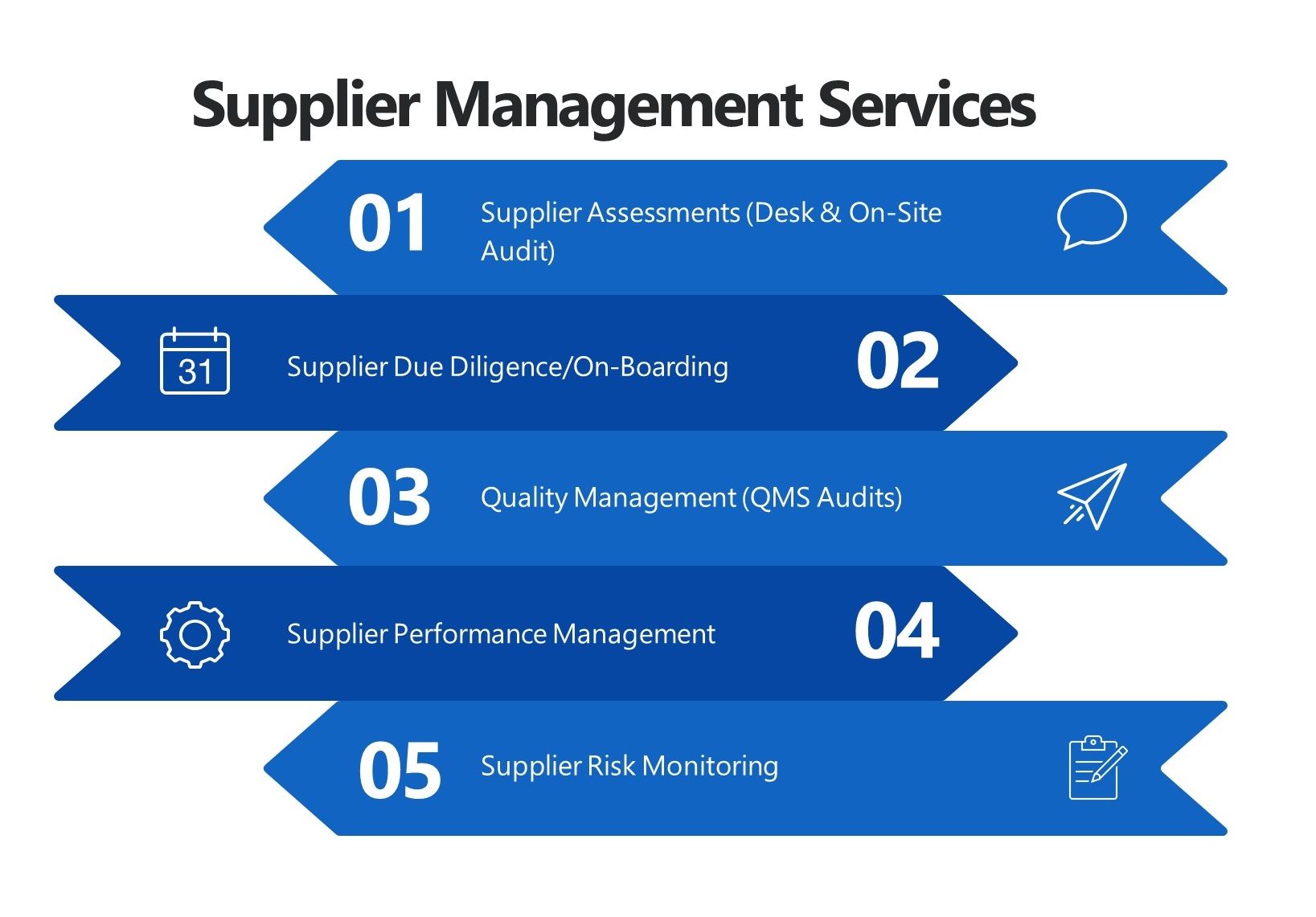Global trade has always been a delicate balancing act. In recent years, supply chain managers have seen how fragile the system can be when politics, trade restrictions, and economic changes come together. These disruptions have changed how businesses view Supplier Relationship Management (SRM). It has shifted from just a compliance checklist to a critical strategy.
What is Supplier Relationship Management and Why is it Important?
Supplier Relationship Management (SRM) is the structured approach businesses use to manage and optimize interactions with their suppliers. It’s not just about managing contracts or securing the lowest price; it’s about building strong, transparent, and mutually beneficial partnerships.
An effective SRM strategy ensures:

In today’s unpredictable global market, SRM is important for lowering risk, boosting resilience, and helping businesses react swiftly to unexpected challenges like trade bans.
The Lesson from China’s Rare Earth Ban
In April 2025, China which is home to the world’s largest, rare earth reserves, introduced sweeping restrictions on the export of seven heavy rare earth elements, including dysprosium, terbium, yttrium. These are critical for everything from electric vehicle motors and smartphones to aerospace and defense equipment.
The immediate fallout was severe:

This was not a one-off case. Previously, U.S.-China trade tensions, carbon border adjustments of the EU, and prohibitions of key farm exports all showed a harsh reality: businesses that depend too much on a single supplier or geographics are one disruption from organizational turmoil.
What Businesses Should Learn
These disruptions emphasize the pressing need for solid SRM strategies:
Diversification Is Non-Negotiable – Having one powerful supplier or nation is devastating. Companies should have a diversified base of suppliers geographically.
Risk Monitoring Must Be Ongoing – Having real-time visibility to the health of suppliers, market changes, and geopolitical happenings allows companies to see trouble coming.
Suppliers Should Be Strategic Partners – When times are uncertain, suppliers who position themselves as partners, rather than vendors, are more apt to collaborate and change with you.
Data Drives Resilience – Analytics can uncover cost-saving opportunities, forecast risks, and strengthen negotiation positions.
How UnivDatos Turns Risk Into Resilience
In the situation of China's rare earth embargo, UnivDatos' procurement strategy could have enabled companies to forecast the risk, qualify substitute sources, and limit disruption, preserving time, money, and market share.
UnivDatos Procurement Management Services enable organizations not just to respond to crises, but construct more resilient supply chains. We offer procurement consulting services based on decades of sectoral expertise, high-quality market knowledge, and a strong record of delivering tangible results.
With 50+ procurement experts in our team and a history of 132+ international engagements spread over 15+ nations, UnivDatos is your go-to partner for performance-based procurement.
Here’s how:

Constructing the Supply Chain Future
Trade bans are not exceptions anymore; they are the norm in the global marketplace. The takeaway is clear: survivor companies don't wait for the next disruption, they prepare for it.
With UnivDatos as your procurement partner, Supplier Relationship Management is more than risk control, it's a strategic advantage. Contact UnivDatos today to learn how our procurement management services can support your brand goals. Call us at +1 978 733 0253, email contact@univdatos.com, or fill out our contact form to schedule a consultation.
